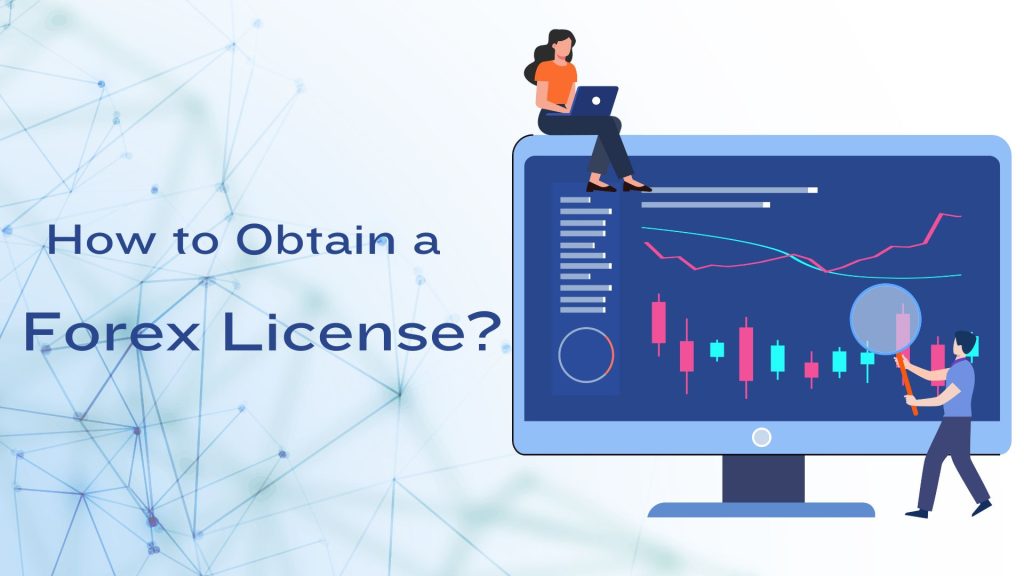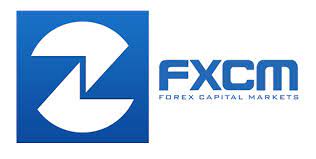
How to Obtain a Forex License? A Step-by-Step Guide
The Forex market has vast trading volumes exceeding $7.5 trillion daily, representing a lucrative opportunity for brokers. A forex license is necessary to trade in this decentralized market legally and ethically. This guide shows the licensing process for brokers.
How to Obtain a Forex License?
Obtaining a Forex licence is a long and complex process. It usually involves the following steps:
Step 1: Understand the Forex Regulatory Landscape
Establishing a compliant brokerage begins with understanding the Forex regulatory space. It involves understanding the specific legal and regulatory requirements that govern Forex trading in various jurisdictions. Compliance safeguards the broker’s operations.
Step 2: Select Your Jurisdiction
Choosing the right jurisdiction depends on several factors, including regulatory requirements, operational costs, and strategic business considerations. The regulatory environment differs from country to country and impacts the licensing process, capital requirements, and ongoing compliance obligations.
Step 3: Establish a Legal Entity
Forming a legal entity compliant with the chosen jurisdiction’s regulations involves selecting the appropriate corporate structure (e.g., limited liability company, partnership). It should align with regulatory requirements and business goals. The entity’s legal setup determines its legal responsibilities, tax obligations, and governance structure.
Step 4: Prepare the Required Documentation
A complete set of documents is mandatory for the application process. These include a detailed business plan outlining the brokerage’s strategy, target market, operational model, and financial projections. A compliance manual describing the firm’s adherence to regulatory standards is also necessary.
Step 5: Secure the Necessary Capital
Capital requirements are critical for the Forex license application process. It varies significantly across jurisdictions. These financial thresholds ensure brokers have sufficient funds to operate responsibly and handle client trades effectively. Offshore locations may offer more lenient capital thresholds, making them attractive for startups and brokers seeking cost-effective licensing options.
Step 6: Applying for the License
The license application process involves submitting a detailed application to the chosen regulatory body. This application includes previously prepared documentation, such as the business plan and compliance manual. Applicants must also pay the relevant application fees, which vary by jurisdiction. The regulatory body may conduct background checks on the company principals as part of due diligence.
Step 7: Meet Technology and Infrastructure Requirements
Reliable trading platforms, robust cybersecurity measures, and comprehensive compliance systems ensure secure and efficient trading experiences. It safeguards clients’ assets and personal information. Regulatory bodies review the technical setup, including data protection practices and the operational resilience of trading platforms, as part of the licensing process.
Step 8: Finalize Compliance and Receiving Approval
After the license application is submitted, regulatory bodies conduct thorough compliance checks. These reviews assess the broker’s adherence to regulatory standards, financial stability, risk management policies, and customer protection measures. A successful review process earns the Forex license.
Conclusion
Securing a Forex license requires careful planning, adherence to regulatory requirements, and strategic decision-making. Getting a Forex license without professional help is not easy in any country. It is advisable to get professional help to make the process efficient.
Stay ahead in the financial market by joining a global network of finance professionals. Find your perfect liquidity partners now!
Contact us now to sharpen your trading strategies!






